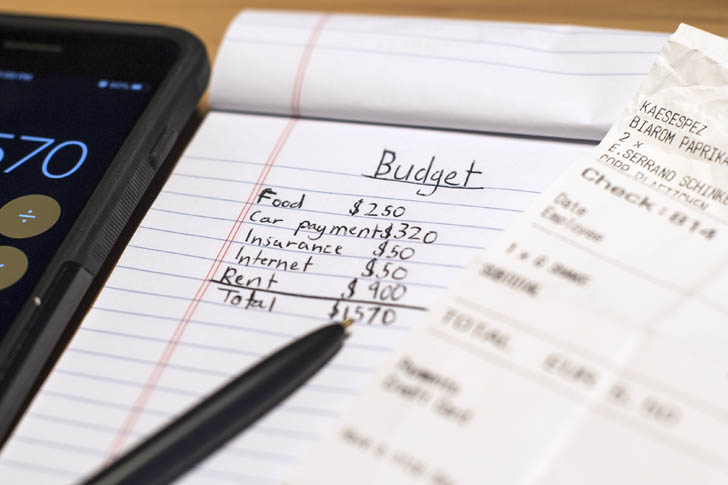Personal Finance 101: Managing Our Money For Beginners
Many young adults struggle with money management and can be attributed to a couple of things, such as spending habits and the investments they have with their accounts.
That raises the most common question that many people ask, how do we handle our finance better, and at the same time, more efficiently? To answer that, we may have to use basic math along the way, but this will help us understand the idea we want to convey. Also, we will help you in your journey of managing your finances, and we will do so in a way that will be easy for beginners to follow. So, without further ado, let’s get started!
Financial Mindset

Our overall financial status depends on key factors like the total amount we make in a month versus the total number of expenses. However, after studying the art of money management deeper, it looks like it entails more than simple addition and subtraction.
This is where our mindset kicks in. Why is this important, you ask? We can set all kinds of rules for ourselves, but we need to change our habits to master the art of handling finances properly. We have to note that our habits and the numbers will go hand in hand, so both are as important as the other.
Live Within Your Means

This is always at the top of the list for any financial advisor. It may sound simple at first, but it is actually hard to accomplish this. But once you get past this point, it should be as easy as a walk in the park.
Let’s say we earn around $4,000 every month, our expenses shouldn’t go beyond that point. It will be better if we allow extra wiggle room for savings and emergency funds. The biggest question is: how can we do that? Well, simple, make a budget list.
All the expenses and emergency funds that go against our monthly income will be the phase we will need to take to build a good habit financially. Most people overlook the importance of emergency funds, but just as the name implies, it can be helpful when we’re in a pinch, and it can make or break our financial stability.
Think About The Future

Almost all financial advisors can attest to the fact that thinking for our future is the ideal thing to do if our goal is financial stability in the long-run. That’s the very reason why we work for our family–to give them a better future.
Now, speaking of the future, young adults need to think ahead, and the sooner we plan things out, the better. The same rule applies to older people, but they will need to put extra effort into establishing good investment portfolios than the younger guys.
401K plans and IRAs are some of the viable options that can work for us. Insurance falls under this category as well. Don’t think that insurance is only good for properties, like homes and cars. The fact is that no one will ever know if their property will face a devastating hit that may affect their finances in a significant way in the future. In simpler terms, insurance will give an extra layer of security as far as specific aspects of our lives.
Expenses can also be sorted out even if it is still on the horizon. Let’s say you have a new gadget that came from a credit card installment scheme. If you know that your budget still has room to accommodate future bills, then do it, and it will greatly help your credit standing in the long run.
